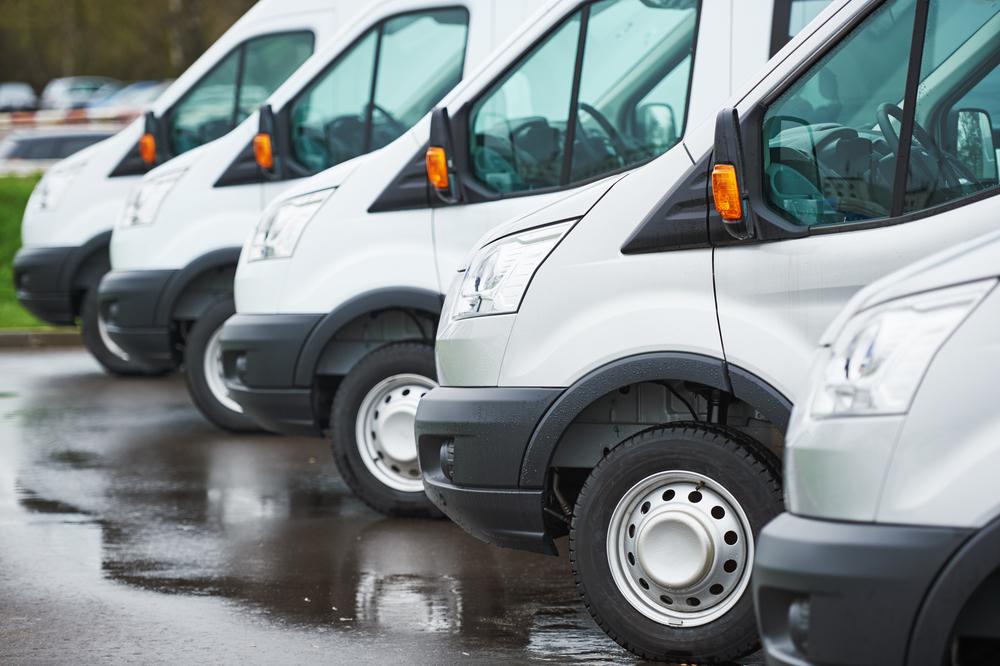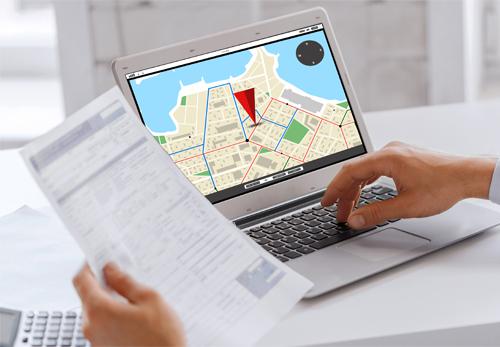With the ever-growing costs of running a company in today’s world, business owners have to be extra smart about their expenses. Tax-deductible business expenses can help the owners reducing the costs of running a company, at least with the taxes. HMRC lets companies deduct fuel costs of the vehicles used for business purposes. All the elements of owning and operating a vehicle fleet are taken into consideration by the HMRC and the department issues a business mile reimbursement rate annually. The tax deduction rate is subject to change every year due to fluctuations in the market such as gas prices and servicing fees. The current rate for 2018/2019 is 45p for a vehicle or a truck up to 10.000 business miles in a tax year and then 25p for each subsequent mile, which adds up to hundreds or even thousands of pounds of the tax deduction for businesses.
Executive teams are always on the lookout for ways to reduce operational costs, and mileage tax deduction is a great way to lower them significantly. Before the implementation of the advanced telematics systems, every trip had to be recorded on paper to the last detail. Naturally, this process slowed down the flow of work and reduced the overall productivity. However, with the developments in the field of GPS and fleet management systems, managers can identify the business trips with ease and keep the detailed mileage logs required by the HMRC. Fleet businesses are one of the first industries that have been using the services provided by GPS tracking systems. With the addition of sophisticated features like driver behavior management and business mileage logging, fleet supervisors can easily distinguish the business and personal trips taken by a company vehicle and keep comprehensive records that can be accessed on-demand.
Trip Log allows the managers to choose between personal and business purposes. Field supervisors can track every single trip and check them against the job orders with the extensive data at hand. This way, all business trips – even if it is a supply run just a few blocks away – will be identified and stored on the cloud-based servers that can be used later on. Trip Log gives businesses access to all the necessary information to file for the mileage tax deduction at the end of a tax year. With all the additional benefits and the Trip Log feature, fleet management systems allow companies to reduce their costs and streamline operations drastically.
The company records must be impeccable and have to include trip details such as the purpose of the trip, date, starting and arrival locations and the mileage for each drive. Accurate and complete reports will ensure a company to benefit from mileage tax deduction to the full extent. Maintaining tidy records will also help avoid companies to audit issues due to false tax claims by the HMRC. The HM Revenue & Customs doesn’t just take a company’s word to benefit from the mileage deduction; that is why the mileage logs need to be included when applying with all the proof that trips taken by company vehicles are indeed for business purposes and contain the essential information.
The business trips done by company vehicles can be recorded accurately, and it’s one of the first things to do to lower the expenses of a vehicle fleet. If done correctly and in accordance with HMRC’s guidelines, the fuel cost tax deduction may have a serious impact on a company’s annual revenue and growth rate. Even if a company has a small fleet, the amount of tax that can be deducted can rack up to thousands of pounds every year.


